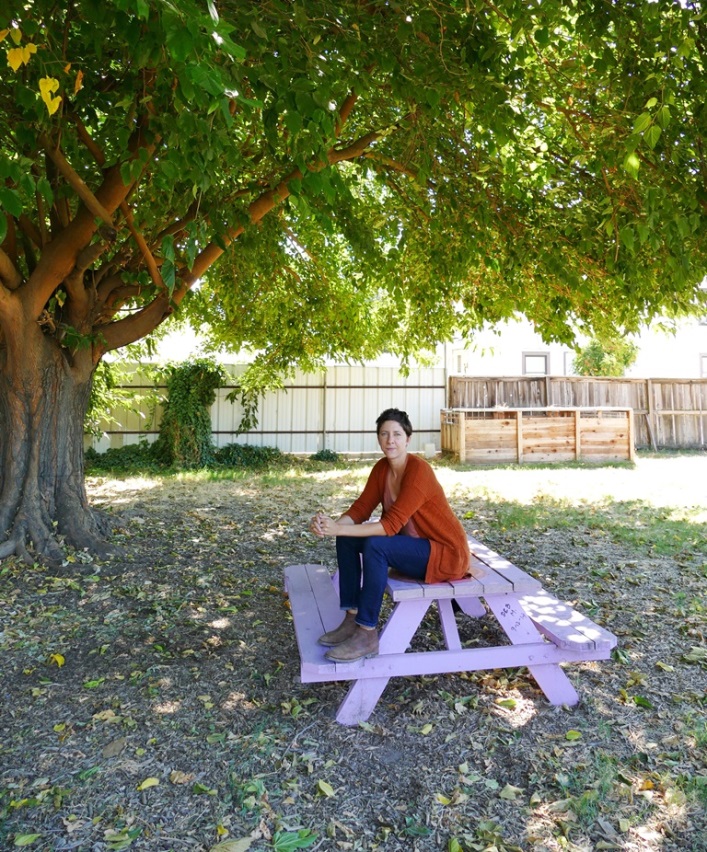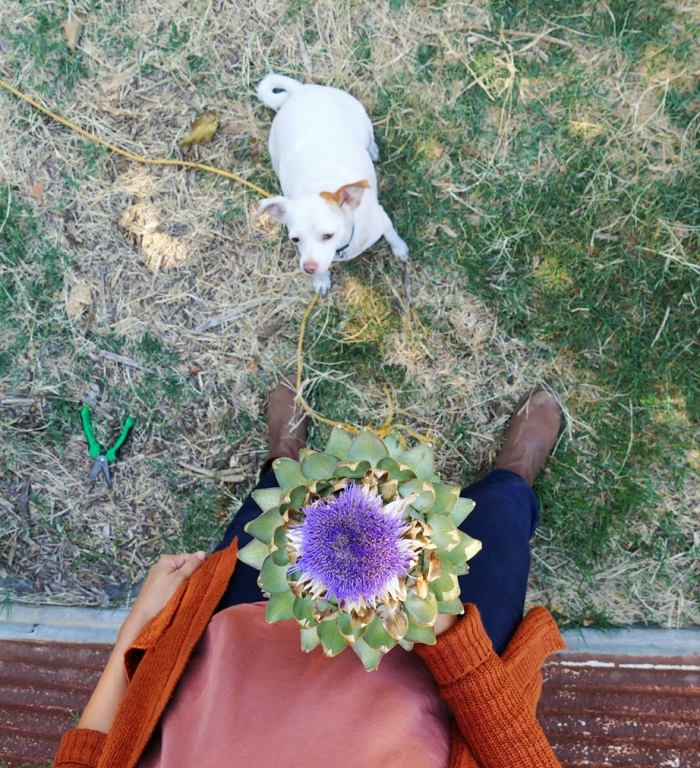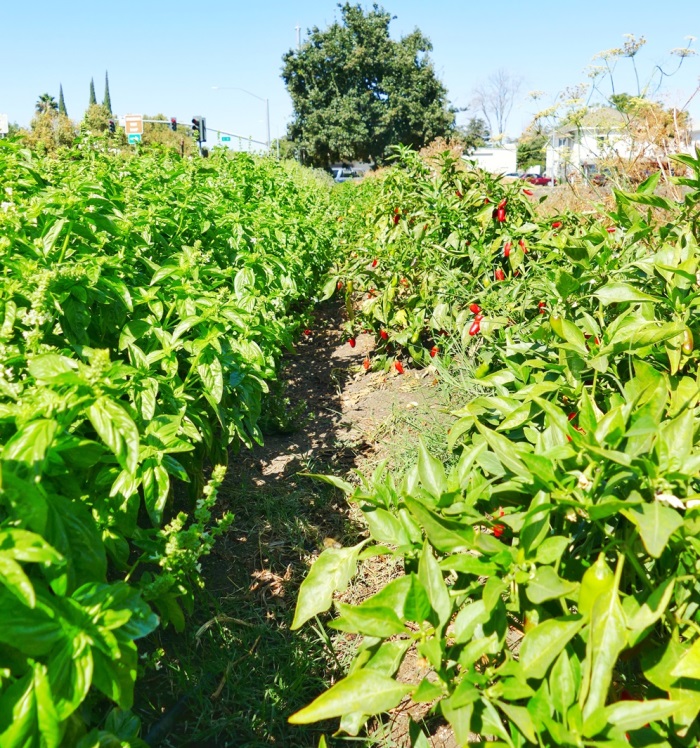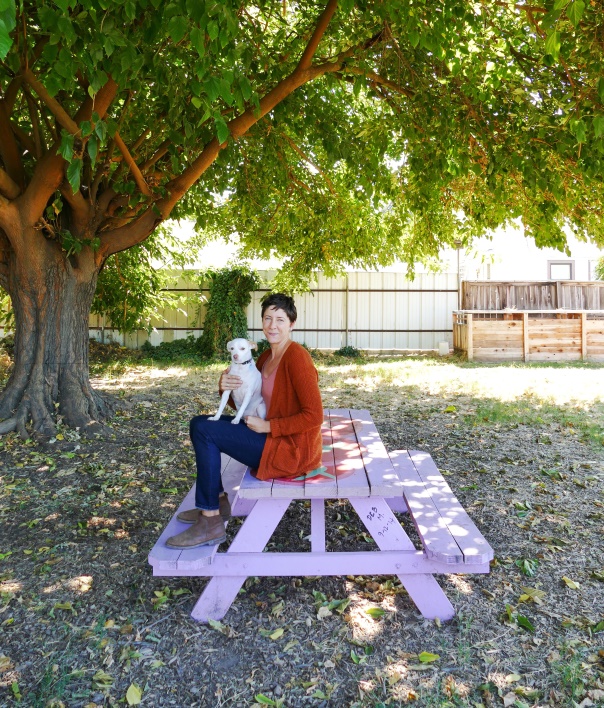Farm-to-Fork is synonymous with Sacramento’s food scene. With a plethora of fresh fruits and veggies available to us, Sacramentans are truly lucky. However, not many people understand how our region’s bounty travels from the field to our dinner plates. In an effort to learn a little more about our local food system, Sacramento365 lent our ear to one of the farm-to-fork movement’s greatest influencers, Sara Bernal from the Center for Land-Based Learning.
Turning the Soil:
Bernal may be the face of the West Sacramento Urban Farm Program, but she didn’t aspire to be a farmer growing up — circumstance and globetrotting helped form her ag roots. Born in Mexico City to parents from the Dominican Republic, Bernal grew up in Boston and studied Cultural Anthropology at Northeastern University (where her father is a professor). After graduating, she moved to Bangladesh to work for SHEVA, a non-governmental organization. Bernal returned stateside, practicing social work first in Boston, then took a leap of faith, picked a random day, and switched coasts to San Francisco. Strangely enough, it took an unlikely source to help Bernal find her true calling and the Sacramento region: her first introduction to farming was from her ex-partner who was finishing up an apprenticeship at a Sacramento farm.
While Bernal had little experience with the land — she never even owned a houseplant — her go-getter “scrappy” attitude propelled her to build up her skills. “I started out as an apprentice in Placer County and then moved onto a farm in Chico,” Bernal says. Once she was ready to tackle her own farm, Bernal found a two-acre plot in the Delta city of Locke on Craigslist and got her hands dirty. When a winery acquired her land in 2014, Bernal was forced to find a new way to make a living.

Watering the Ground:
Inspired to strengthen the connection between cities and food production, Bernal was set on creating urban farming opportunities in West Sacramento. Bernal and the Center for Land-Based Learning decided on “convert[ing] vacant lots […] into urban farm incubators,” to not only help beautify the area but to bring access to fresh fruits and vegetables to underserved communities. To make this program a reality, Bernal first had to acquire land and money, which surprisingly went pretty smoothly. The City of West Sacramento and the West Sacramento Chamber of Commerce had helped to set aside unused and undeveloped lots for urban farming, with the City agreeing to lease out land for the pilot farm (located at 5th St and C St) for $1 a year! And when applying for a Community Development Grant from Wells Fargo, Bernal’s pitch wowed the bank so much it offered to double the grant from $25,000 to $50,000. Bernal’s dream of combining social work and farming was about to come true.

These farms are changing the community bit-by-bit, providing an opportunity for clean, fresh food to people throughout our region and beyond. Along with growing thousands of pounds of food each month, the West Sacramento Urban Farm Program are also building up civic pride and the next generation of farmers: “new community partnerships and local food knowledge are growing.” 250 volunteers, ranging from children to parolees to neighbors, work at Center for Land-Based Learning urban farms each year. Along with teaching the basics of tilling the land, volunteers also learn how to prepare and eat the fruits of their labor, which that in itself is a teachable moment. Many volunteers have never encountered some of the fruits and vegetables growing on the lots — one volunteer even told Bernal they didn’t know bell peppers could be a color other than green.
Enjoying the Harvest:
Center for Land-Based Learning’s urban farms are a true testament to our region’s connection to agriculture and fresh food. The 5th and C St farm is just half an acre, but it can produce up to 2,500 pounds of food a month; and of that impressive production, this farm alone donates 700 pounds of fresh produce to the Sacramento Food Bank during harvest season. Much of the food grown at the West Sacramento Urban Farms is sent out in Community Supported Agriculture (CSA) boxes and sold at community farm stands. Some of the produce is even sold at Raley’s and Nugget markets and used in restaurants like HOT ITALIAN.
Farm-to-Fork may be one of our region’s mottoes, but for Bernal, it is simply a way of life. She wakes up every day and leads a life of making things grow. “One of the best ways you can help [the Farm-to-Fork movement] is to buy locally and seasonally,” says Bernal. “[Make sure to] try a variety of produce and not just stick to what you’re comfortable with.” This ensures that not only is the food always fresh, but it’s always tasty. “The produce coming from discount markets might be cheaper, but they probably won’t last more than one or two days in your fridge.”

Having a farm-to-fork lifestyle requires people who are willing and able to grow fresh food locally, and our region struck gold finding someone like Bernal to help make it happen. She successfully navigates all of the trials and tribulations of dealing with policies and cities; all while managing and coordinating multiple farms. Bernal’s tenacious approach to achieving her goals pretty much guaranteed the success of the farms. If you want to learn more about the farms or possibly even volunteer, then click here.
Tasty tidbits:
These bite-sized facts were so great we simply had to include them. Dig in and enjoy these sweet morsels of information.
Support West Sacramento’s Urban Farms:
The Center for Land-Based Learning and City of West Sacramento’s joint effort has farms sprouting all over an urban landscape.
